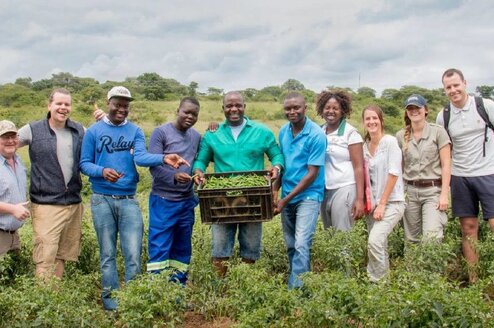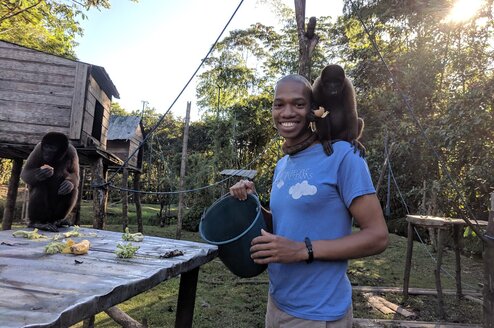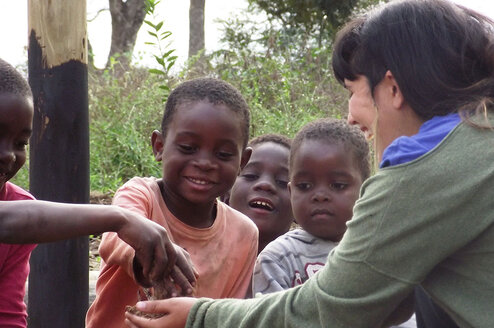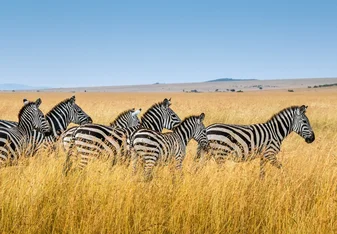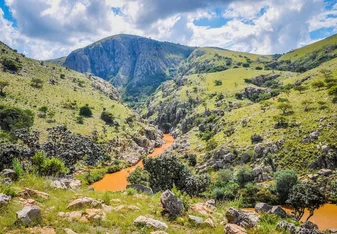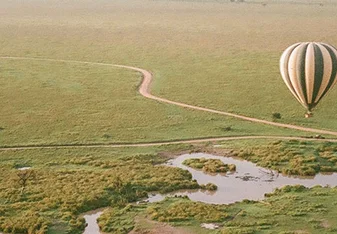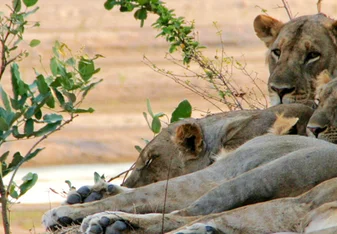Internships in Namibia
Internship Programs in Namibia
About
Namibia has immense diversity and is politically stable with excellent weather. Internships in Namibia are limited. If you have a SADC (Southern African Development Countries) connection you have a favourable chance on an internship placement with any government linked organization or business after the few Namibian placements. Your better chance for an internship is with a local private, or non-government business, and NGOs.
Top Industries
- Eco-Tourism/Wildlife Conservation: The tourism sector and all else relating to it, is flourishing. Wildlife in Africa brings in huge amounts of tourism. Any student with background in: biology, animal science, conservation biology, ecology, veterinary studies but also more areas such as business studies, computing, education, graphic design, comparative history studies, sociology, psychology and other areas, can apply. Basically, anyone with an interest in wildlife and/or environment conservation and who can link it to their field of study – can apply. The few links I supply should not limit you in any way but serve merely to get your thoughts going. Here are some resources for eco-tourism in Namibia.
- Environmental: The arid conditions in Namibia is one of the reasons for a small population. Research on how to make best use of the problem of the encroaching bush, or developing the devils claw plant for medicine, are some of the projects. Sustainable, development issues and biodiversity conservation are high priorities.
- Farming: A main source of income for the country is meat production. A variety of excellent cattle, goat and sheep breeds plus game make the supply line.
- Research: Namibia is fascinating and therefore an ideal place to do research. Even NASA does regular research there for comparisons to the dry conditions on Mars.
Planning Your Trip
When and Where to Look for an Internship:
The largest city in Namibia are Windhoek; if you are looking for a more business-oriented internship, Windhoek would be the place to go. On the other hand, conservation and research internships can be found all over Namibia, especially in Namibia. Overall, internships should be available year round.
Cost of Living:
The US$ to Nam$ is very favorable (in 2012, 1:8). The Nam$ is connected with SARand and South African Rand is accepted as payment anywhere in Namibia. Credit cards are widely accepted, and ATMs are available in most towns. Tuition fees/donations apply almost always and vary a lot. Confirm with your host. Your budget should be about N$100. – N$ 150 per day, but it may go higher on days when you decide to eat out.
Visas for Interning in Namibia:
- Find a ‘host’ institution. Your ‘host’ will specify what visa to apply for. eg: study/volunteer/working/business. A 30 day tourist visa is given to almost anyone upon arrival, but no work or study is allowed. Nationals from Australia, New Zealand, France, Germany, UK, Ireland and USA are able to obtain a tourist visa for short stay visits of up to 90 days at the port of entry. (VisaHQ)
- Apply for a visa. You can find an application on the Ministry of Foreign Affairs website.
- In Namibia, an intern qualifies as a student or a recent graduate undergoing supervised practical training, therefore a student visa is required.
Work Culture in Namibia:
- Etiquette: Respect and good manners should be used at all times in all situations.
- Language: English is official and sufficient. The better your knowledge of Afrikaans, the more doors will open for you. German is definitely a highly prized added bonus.
- Events: The Tourist Indaba is yearly held in May or June. Around September is the annual Agricultural Show which showcases the country on all possible levels.
- Internet: Should be available but could sometimes be troublesome or expensive.
- Networking: Namibia is a country of few and far between. You will have to create and find your own networking. It’s do-able though probably on a limited scale.
Health and Safety in Namibia:
Since you will most likely be travelling to the Etosha Game Park in the North and maybe beyond, it will be wise to consult with your local doctor when you start planning your trip regarding malaria prevention and, vaccines for yellow fewer, typhoid, tuberculosis, hepatitis A&B and tetanus.
Tips and Precautions:
- In general you will be attacked by flies more than by diseases.
- Watch out for ticks when you tramp– especially when you take a much needed rest in the only shade around.
- Boots are a good protection against scorpions and lousy puffadders that are too lazy to get out of the way. The problem is their camouflage disguises them so well.
- From the rest of the creatures you should have little trouble since they will be more scared of you.
- Rabies breakouts occur frequently – therefore the need for a tetanus shot. Never befriend a wild animal that appears tamed and cute. Such encounters frequently end up in disasters.
- Namibia is hot and dry, mostly. Sometimes it freezes at night. Periodically it rains a lot. Never sleep in dry riverbeds when you camp – it can flood without a cloud in the sky where you are. Use a hat, lip-balm and plenty of sunscreen and liquids. When you travel by car the roads (mostly gravel and skidding) can be lonesome. Don’t get caught without gasoline, water or food. Yet on some of the main roads it can be hectic and dangerous.
- Don’t look or act like a tourist – you will be targeted. Group thieving is common, anywhere. Take advice from your local host at heart. Act with authority and remember, prevention is better than cure. All said, Namibia is not worse than most other places. There do live some amazing and great people who will go out of their way to make your stay memorable.
Work and Labor Laws:
There are certain regulations with the visa you need to intern in Namibia. It is important to respect these stipulations. For example, your visa may require that your work be unpaid. However, it might be possible to ‘earn’ your living by donating your services in exchange for room and food.
